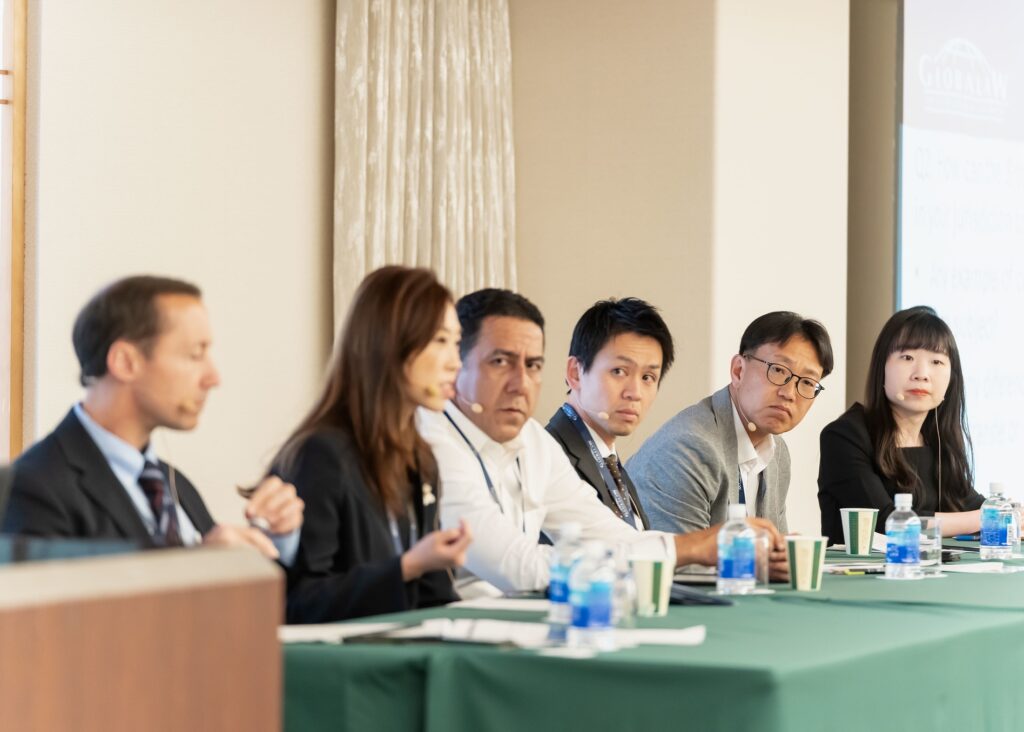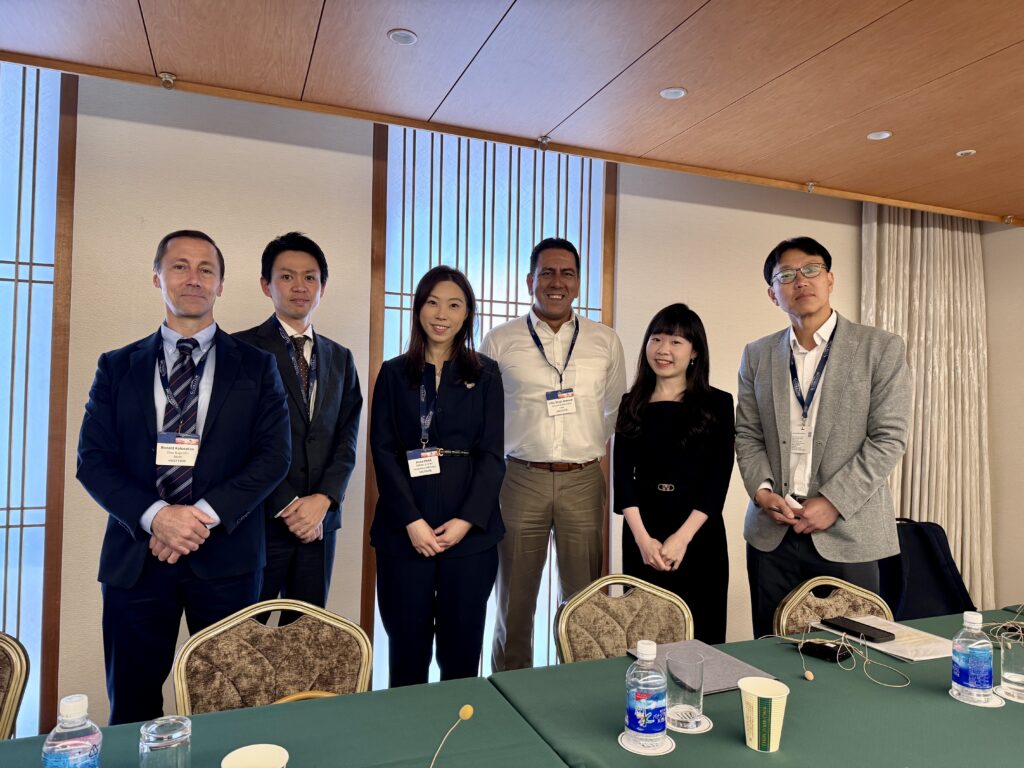Something must have gone wrong before parties commence civil litigation, whether the problem arises from breach of contract, unpaid invoices, or differing interpretations of terms of the contract. As civil litigation is costly, time-consuming, unpredictable, and at times excruciating for the parties’ peace of mind, it is not uncommon for parties to compromise and settle the civil dispute midway in the litigation proceedings.
After years of advising and settling civil disputes, this series hope to shed light on the dos and don’ts for parties when they enter into settlement negotiations, and when they eventually sign and execute the settlement agreement.
Halfway into the litigation, when more evidence has now been discovered and more financial resources have been put, it is not uncommon for parties to consider settling the case. However, what are the relevant factors in play in deciding whether settling is the right move?
One of the key factors is to re-assess the merits of the case: Is the case as strong as initially assessed? If not, an otherwise unattractive settlement amount may now become lucrative.
1. Limited information/material at the Pleading Stage
Before commencing a formal litigation, the information available to the party is rather limited, as the information and evidence available are usually confined to the ones in one’s own possession, custody or power.
Whilst it is possible to speculate the likely defence(s) or case theory to be advanced by the opponent(s)(s), such is meagre at best, as compared to what will eventually rely upon by the opponent(s) and what will surface in the later stages of the litigation. Without hearing the other side’s story and learning about the evidence in the opponent(s)’s possession, custody or power, it is possible for one to be overly optimistic about the merits of his case, and to neglect the possible risks.
2. Opponent(s)’s evidence made available at the Discovery Stage
Before the discovery stage, one cannot easily access to the documents or materials under your opponent(s)’ possession, custody or power, due to reasons of confidentiality and trade secrets.
However, at the discovery stage, parties are required to mutually disclose all the evidence at its possession, custody or power, which are relevant to the case. As such, many of the documents which are otherwise confidential would now become accessible and discoverable.
These newly available documents/materials disclosed by the opponent(s), e.g. internal business documents and internal protocol, may drastically affect the merits of one’s case and prospect of recovery, as many factual and legal assumptions may no longer hold true. For instance, whilst one may allege that the opponent(s) has failed to exercise due care in discharging its contractual or tortious duties, yet the internal protocol and internal correspondence disclosed by the opponent(s) may reveal that the opponent(s) had already duly complied with its internal protocol and exhausted all means that could have done in preventing the incident.
The litigant and its legal advisor(s) must therefore carefully re-assess the merits of one’s case in the light of the evidence newly disclosed.
3. Merits/views of expert evidence
At the later stage of the proceedings, it may be the case that it is necessary for the parties to seek expert evidence to resolve certain issues. For instance, expert evidence may be required to assess whether the litigant’s conduct amounts to breach of industry standard, or to opine on the value of the asset in dispute.
Expert evidence can significantly influence the outcome of a case by providing specialized knowledge that clarifies complex issues, bolsters credibility, or challenges opposing claims.
Its weight depends on the expert’s qualifications, the reliability of their methodology, and the relevance of their expert evidence to the issues in dispute. When compelling expert evidence is introduced, it may strengthen or undermine a litigant’s position.
The quality of expert evidence therefore mandates litigants to re-assess the merits of their respective cases.
4. Availability/unavailability of key witness at the Trial Stage
It is not uncommon to encounter scenarios where due to various circumstances (e.g. incapacity or death), much to the litigant’s surprise, the key witness(es) unexpectedly becomes unavailable to attend trial to give evidence in support and be cross-examined by the opponent(s).
If a pivotal witness is available, their account could strengthen a litigant’s position, while their absence may weaken the case by leaving gaps in the narrative or proof.
This shift in the evidentiary foundation can compel a litigant to re-assess the case’s merits, potentially prompting adjustments in strategy, such as pursuing settlement, or adjusting expectations for trial outcomes.
Litigation tools to remedy the position
In order to better assess the merits of the case, whether pre-action or during the litigation, it is vital to consider using various litigation tools to obtain more relevant information in order to assess one’s merits of the case. These tools serve to uncover critical evidence, clarify opposing claims, and streamline decision-making, reducing risks and costs. Litigation tools available to litigants include:-
- Pre-Action Discovery (O.24, R.7A of the Rules of High Court (Cap. 4A) (“RHC”); O. 24, R.7A of the Rules of the District Court (Cap. 336H) (“RDC”)): Enables one to obtain documents from potential parties before filing a claim, revealing key information to evaluate whether a case is worth pursuing, saving time and resources.
- Further and Better Particulars (F&BP) (O.18, R.12 of RHC; O.18, R.12 of RDC): Compels opponent(s)s to clarify vague assertions and claims during litigation.
- Requests for Supporting Documents (O.24, R.10 and O.24, R.11A of RHC; O.24, R.10 and O.24, R.11A of RDC): Compels opponent(s)s to produce documents referred to in its pleadings, affidavits or witness statements.
Conclusion
Deciding whether to settle, and if so, at what amount, is a complicated judgment, which requires sophisticated legal advice derived from years in Courtroom, comprehensive legal research, and client-handling experience. One key exercise that litigants and their legal advisors must undergo is the continuous re-assessment of the merits of the case as the litigation progresses through the various litigation stages.
In particular, the factors of the newly available opponent(s)’s evidence, merits/views of expert evidence, and availability/unavailability of key witness all come into play in deciding whether to proceed with the litigation or to pursue settlement.
Further, by using litigation tools to uncover evidence or clarify claims, litigants are equipped with more information to assess the merits of one’s claims in order make an informed decision.
Should you have any enquiries regarding civil litigation and commercial agreements, please contact our firm.
Disclaimer: This article is for reference only. Nothing herein shall be construed as Hong Kong legal advice or any legal advice for that matter to any person. Oldham, Li & Nie shall not be held liable for any loss and/or damage incurred by any person acting as a result of the materials contained in this article.
 Suite 503, 5/F, St. George's Building, 2 Ice House Street, Central, Hong Kong
Suite 503, 5/F, St. George's Building, 2 Ice House Street, Central, Hong Kong +852 2868 0696
+852 2868 0696









